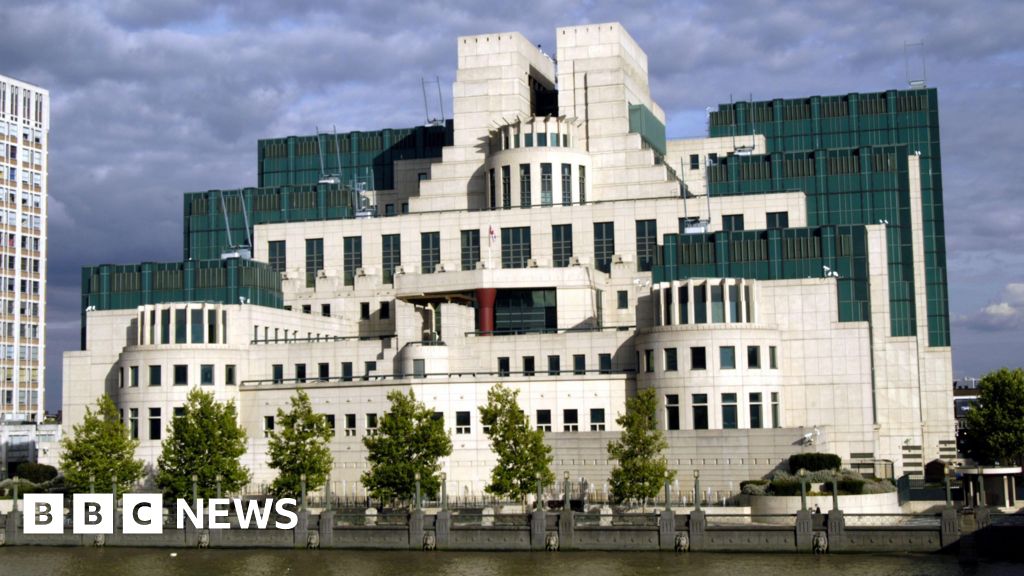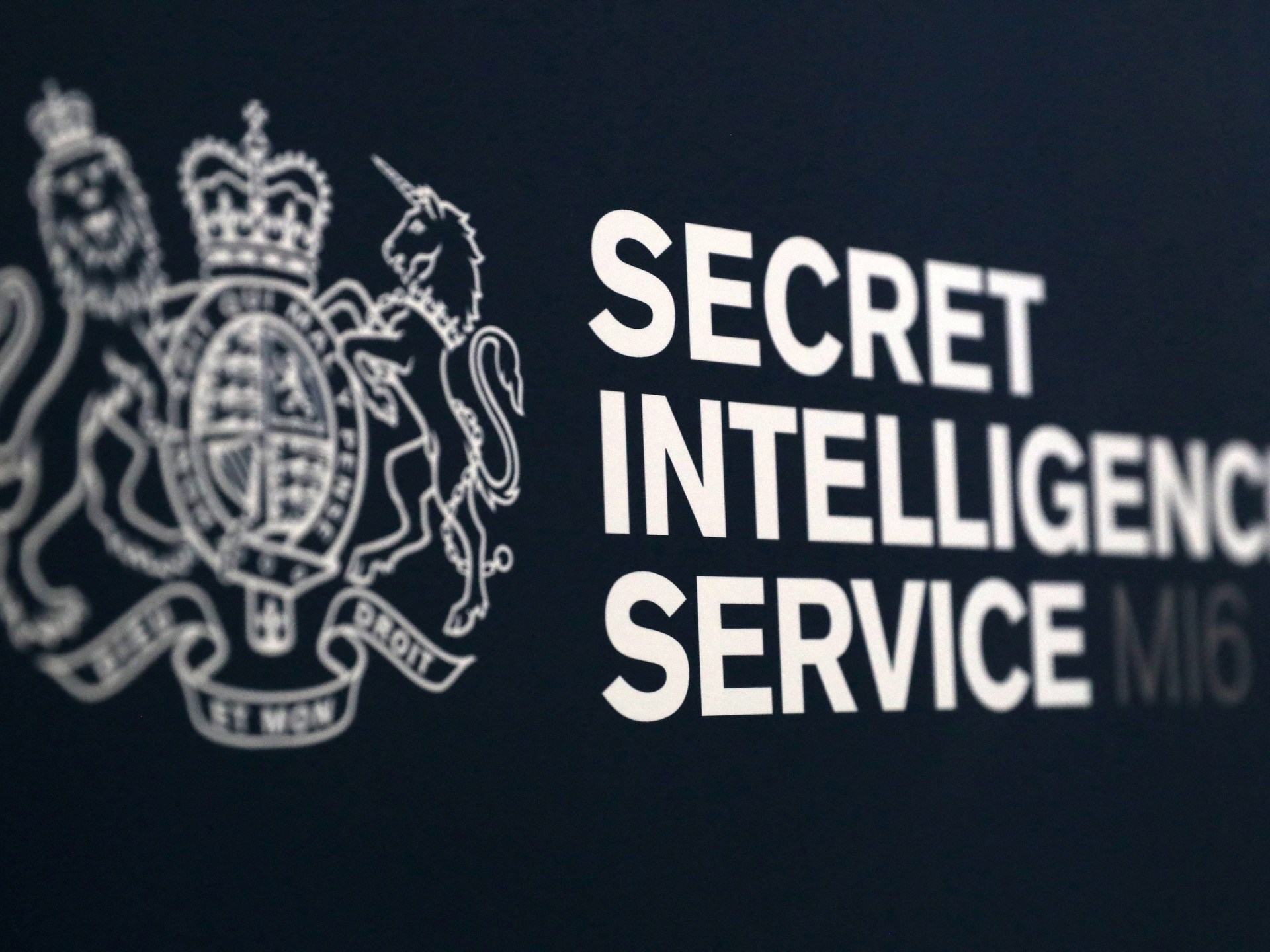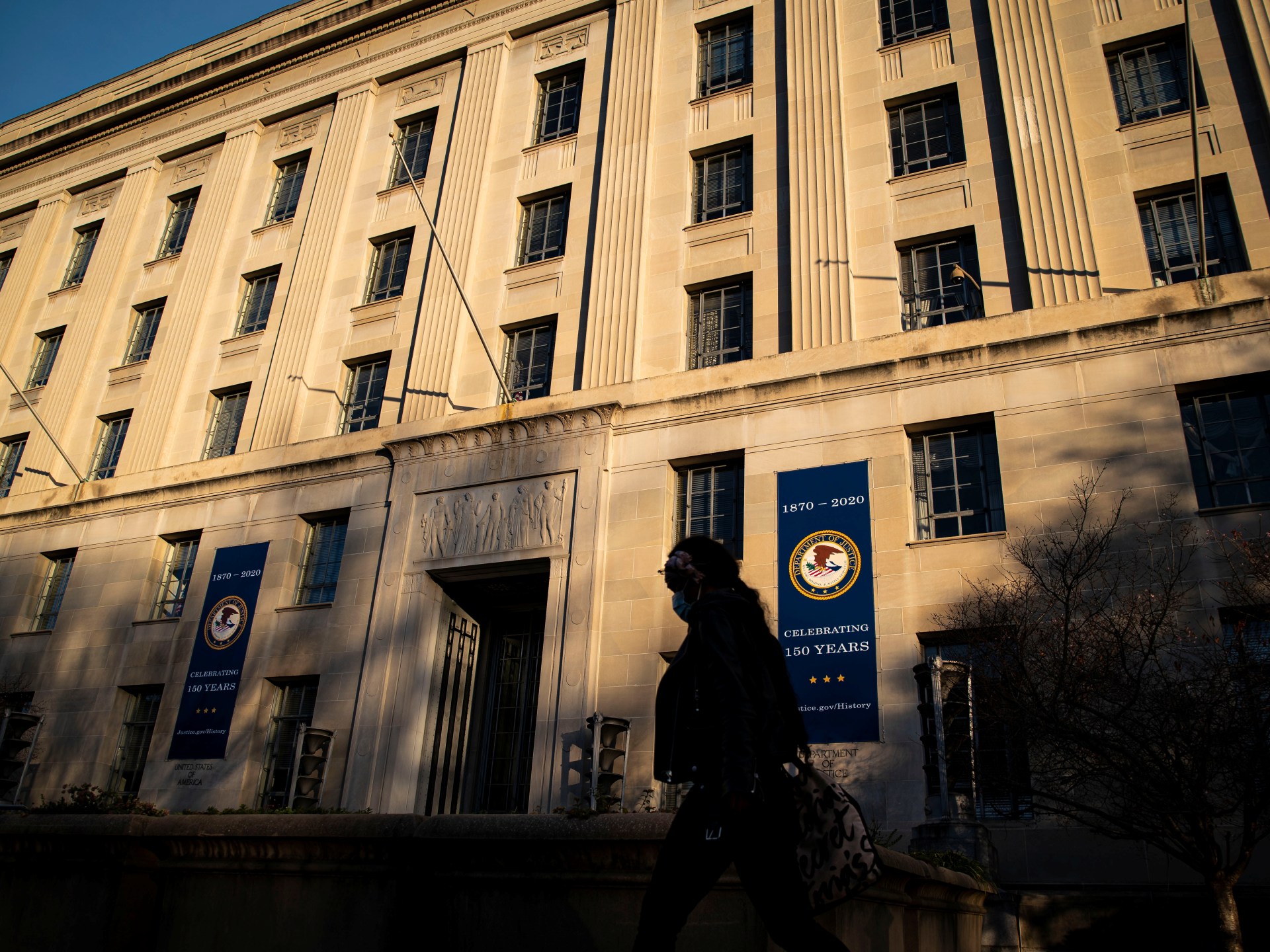
Christopher Boyce and Andrew Daulton Lee were childhood friends, altar boys raised in the Catholic pews and prosperous suburbs of the Palos Verdes Peninsula.
By the mid-1970s, Boyce was angry about the Vietnam War and Watergate. He was a liberal, a stoner and a lover of falcons. Lee, a doctor’s adopted son, was a cocaine and heroin pusher who was spiraling into addiction.
How they became spies for the Soviet Union is a story emblematic of 1970s Southern California, where the state’s massive Cold War aerospace industry collided with its youthful anti-establishment currents.
Everyone agrees it should never have been possible.
In the summer of 1974, Boyce, a bright but disaffected 21-year-old college dropout, got a job as a clerk at the TRW Defense and Space Systems complex in Redondo Beach. He won entree through the old-boys network: His father, who ran security for an aircraft contractor and was once an FBI agent, had called in a favor.
In this series, Christopher Goffard revisits old crimes in Los Angeles and beyond, from the famous to the forgotten, the consequential to the obscure, diving into archives and the memories of those who were there.
Boyce made $140 a week at the defense plant and held down a second job tending bar. TRW investigators had performed only a perfunctory background check. They skipped his peers, who might have revealed his links to the drug culture and to Lee, who already had multiple drug busts and a serious cocaine habit — the white powder that would inspire his nickname.
In “The Falcon and the Snowman,” Robert Lindsey’s account of the case, the author describes Boyce beginning the day by popping amphetamines and winding down after a shift puffing a joint in the TRW parking lot. Falconry was his biggest passion. “Flying a falcon in exactly the same way that men had done centuries before Christ transplanted Chris into their time,” Lindsey wrote.
Boyce impressed his bosses and was soon cleared to enter the steel-doored fortress called the “black vault,” a classified sanctum where he was exposed to sensitive CIA communications pertaining to America’s network of espionage satellites. The satellites eavesdropped on Russian missiles and defense installations. Among the goals was to thwart a surprise nuclear attack.
Reading CIA communiques, Boyce didn’t like what he saw. Among its other sins, he decided, the U.S. government was deceiving its Australian allies by hiding satellite intelligence it had promised to share and meddling in the country’s elections.
“I just was in total disagreement with the whole direction of Western society,” Boyce told The Times many years later. He attributed his espionage opportunity to “synchronicity,” explaining: “How many kids can get a summer job working in an encrypted communications vault?”
Soon he made his life’s “biggest, dumbest decision.” He told his buddy Lee they might sell government secrets to the Soviets. Lee talked his way into the Soviet Embassy in Mexico City, where Russians fed him caviar and bought classified documents with the toast, “To peace.”
Lee’s KGB handlers devised protocols. When he wanted to meet, he would tape an X to lampposts at designated intersections around Mexico City.
For more than a year, thousands of classified documents flowed from the TRW complex to the Soviets, with Boyce sometimes smuggling them out in potted plants. In exchange, he and Lee received an estimated $70,000.
At parties, Lee showed off his miniature Minox camera and bragged that he was engaged in spycraft. In January 1977, desperate for money to finance a heroin deal, he flouted KGB instructions and appeared unannounced outside the Soviet Embassy. Mexican police thought he looked suspicious and arrested him.
He held an envelope with filmstrips documenting a U.S. satellite project called Pyramider. Under questioning, Lee revealed the name of his co-conspirator and childhood friend, who soon was also under arrest. Boyce had just returned from a hawk-trapping trip in the mountains.
The espionage trials of the two men presented special challenges for the U.S. attorney’s office in Los Angeles. The Carter administration was ready to pull the plug on the case if it meant airing too many secrets, but a strategy was devised: Prosecutors would focus on the Pyramider documents, which involved a system that never actually got off the ground.
Joel Levine, one of the assistant U.S. attorneys who prosecuted Boyce and Lee, said only a fraction of what they sold to the Soviets ever came out at trial.
“I was told these other projects should not be revealed. It’s too costly to our government, and you can’t base a prosecution on them either in whole or in part,” Levine said in a recent interview. “You just gotta stay away from it.”
For federal prosecutors in L.A., hanging over the case was the memory of a recent humiliation: the collapse of the Pentagon Papers trial, as a result of the Nixon administration’s attempt to bribe the presiding judge with a job. It had caught prosecutors by surprise.
“We were afraid it would ruin our reputation forever if something like that were to happen,” Levine said. “So we made it very, very clear right from the get-go that if we smelled something like that was afoot, we would walk into court and have the case dismissed on our own.”
The defendants had sharply different motives. Lee was in it for the money, Richard Stilz, one of the prosecutors, said in a recent interview. But “Boyce was totally ideology. He wanted to damage the United States government,” Stilz said. “He just hated this country, period.”
The defendants got separate trials. A rift that had been growing between them deepened with their mutually hostile defenses. Lee’s defense: Boyce had led him to believe he was working for the CIA, feeding misinformation to the Russians. Jurors convicted Lee of espionage, nonetheless, and a judge gave him a life term.
Boyce’s defense: Lee had blackmailed him into espionage by threatening to expose a letter he had written, while stoned on hashish, alleging secret knowledge of CIA malfeasance. Jurors convicted Boyce as well, and a judge gave him 40 years.
In January 1980, at a federal prison in Lompoc, Boyce hid in a drainpipe and sprinted to freedom over a fence. He was on the run for 19 months. He robbed banks in the Pacific Northwest until federal agents caught him outside a burger joint in Washington state.
He was convicted of bank robbery and got 28 more years. In 1985, the same year a popular film adaptation of “The Falcon and the Snowman” was released, Boyce testified on Capitol Hill about the despair attending a life of espionage.
“There was no thrill,” he said. “There was only depression, and a hopeless enslavement to an inhuman, uncaring foreign bureaucracy…. No American who has gone to the KGB has not come to regret it.”
He spoke of how easily he had been allowed to access classified material at TRW. “Security was a joke,” he said, describing regular Bacardi-fueled parties in the black vault. “We used the code destruction blender for making banana daiquiris and mai tais.”
Cait Mills was working as a paralegal in San Diego when she read the Lindsey book and became fascinated by the case. She thought Lee had been unfairly maligned, and she spent the next two decades fighting to win him parole.
She got letters of support from the prosecutors and the sentencing judge attesting that Lee had made strides toward rehabilitation. He had taken classes in prison and become a dental technician. He won parole in 1998.
She turned her attention to freeing Boyce, with whom she fell in love. She wrote to the Russians and asked how much value there had been in the stolen TRW documents and received a fax claiming it was useless. He got out in 2002, and they married. They later divorced but remain close. Both live in central Oregon.
Stilz maintains the damage to America was “enormous.”
“In a murder case, you have one victim and a person dies,” Stilz said. “In an espionage case, the whole country is a victim. We were so far advanced over the Russians in spy satellite technology. They leveled the playing field. That’s probably the most important point.”
He gives no credence to the Russian government’s claim that it derived no value from the secret information. “Of course they’d say that,” Stilz said. “What do you think they’d say? ‘Oh yeah, it allowed us to catch up with the United States in terms of spying.’ They’re not gonna say that.”
Cait Mills Boyce said that Boyce and Lee, childhood best friends, no longer speak, and that the silence between them wounds Boyce.
“He said, ‘I love that man; I always loved him. He was my best friend.’ It hurt him so badly.”
She said Boyce, now in his 70s, lives a solitary life and immerses himself in the world of falconry. “His entire life, and I kid you not, is falconry,” she said. “He will die with a falcon on his arm.”
Part of what pushed him into the world of espionage, she thinks, was the challenge. “I think his uncommon smarts led him down a whimsical path that ended up being a disastrous path, not just for him but for everybody involved,” she said.



